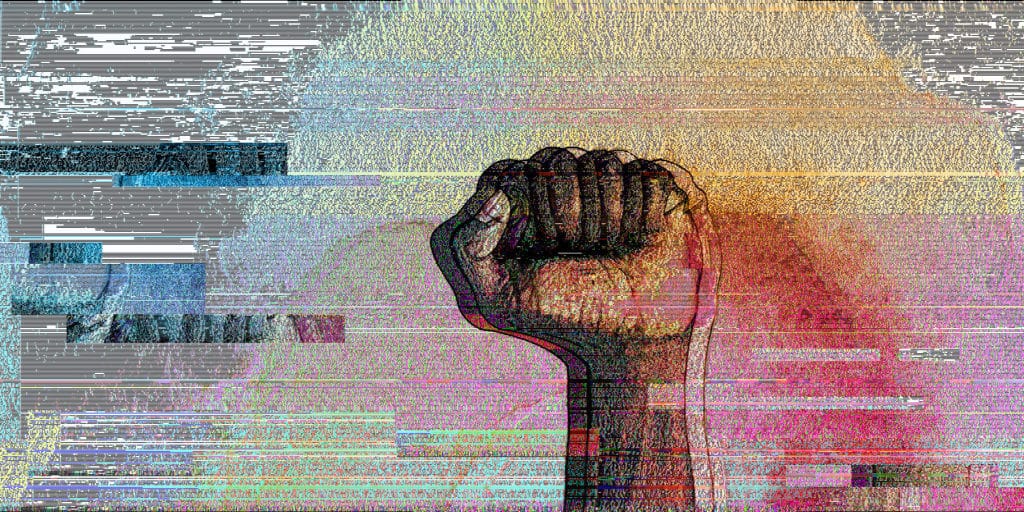The threat to free expression on social media in India is continuing to grow. At 21:00 on May 24, 2021, the Special Cell of the Delhi Police raided two offices of Twitter India, claiming it was serving a notice to Twitter in regards to an ongoing enquiry into the company’s actions of flagging tweets issued by leaders of the ruling party — including its spokesperson — as containing “manipulated media”. The tweets referred to a “toolkit” which alleged that the opposition Congress party planned to damage the Prime Minister’s reputation for his handling of the devastating second wave of the coronavirus in India. Members of the opposition party have claimed that the “toolkit” was a forged document created on fake letterhead, as verified by independent fact-checker, Altnews. The “manipulated media” label is in line with Twitter’s internal policy for dealing with synthetic and manipulated media which is deceptively promoted and likely to cause public harm.
“The world is watching as authorities in India tighten their grip around social media,” said Ria Singh Sawhney, Asia Pacific Policy Fellow at Access Now. “These actions suggest that the government is more interested in saving face amidst a PR crisis, rather than ensuring the health and well-being of millions of people amidst a deadly health crisis.”
Normally an elite investigative unit of the Delhi Police investigating national security cases or serious organised crimes, the Special Cell redirection is a worrying indicator of how the government is driving a wave of digital repression.
New rules to repress
This week’s events add to its existing expansion of powers to govern almost all online content, as put in place in February 2021 through the Information Technology (Intermediary Guidelines and Digital Media Ethics) Code Rules 2021. The rules regulate all internet intermediaries and social media platforms — including those using encrypted messaging — and covers online news and video websites. The draconian rules have been criticized for the control and oversight they hand the government over all online content, the risks they post to encryption, and how they dilute “safe harbour” protections for social media intermediaries.
The regulations have been challenged across several High Courts in India, and Access Now has previously raised concerns about how the government is using these rules to tighten control over online content. The Union Government has indicated that the requirements of the information technology code rules on social media platforms take effect from midnight today, May 25, despite the many clarifications sought by technologists and rights concerns raised by Indian online media and citizens.
“The Indian Government says it wants platforms to do more with regards to sensitive content and disinformation online — at the cost of human rights — except when those measures impact their cronies,” said Raman Jit Singh Chima, Asia Pacific Policy Director at Access Now. “This wave of digital repression seeks to silence critics and frustrate public scrutiny of the many over-broad, opaque, rights-violating directives that are being made of online platforms in India.”
